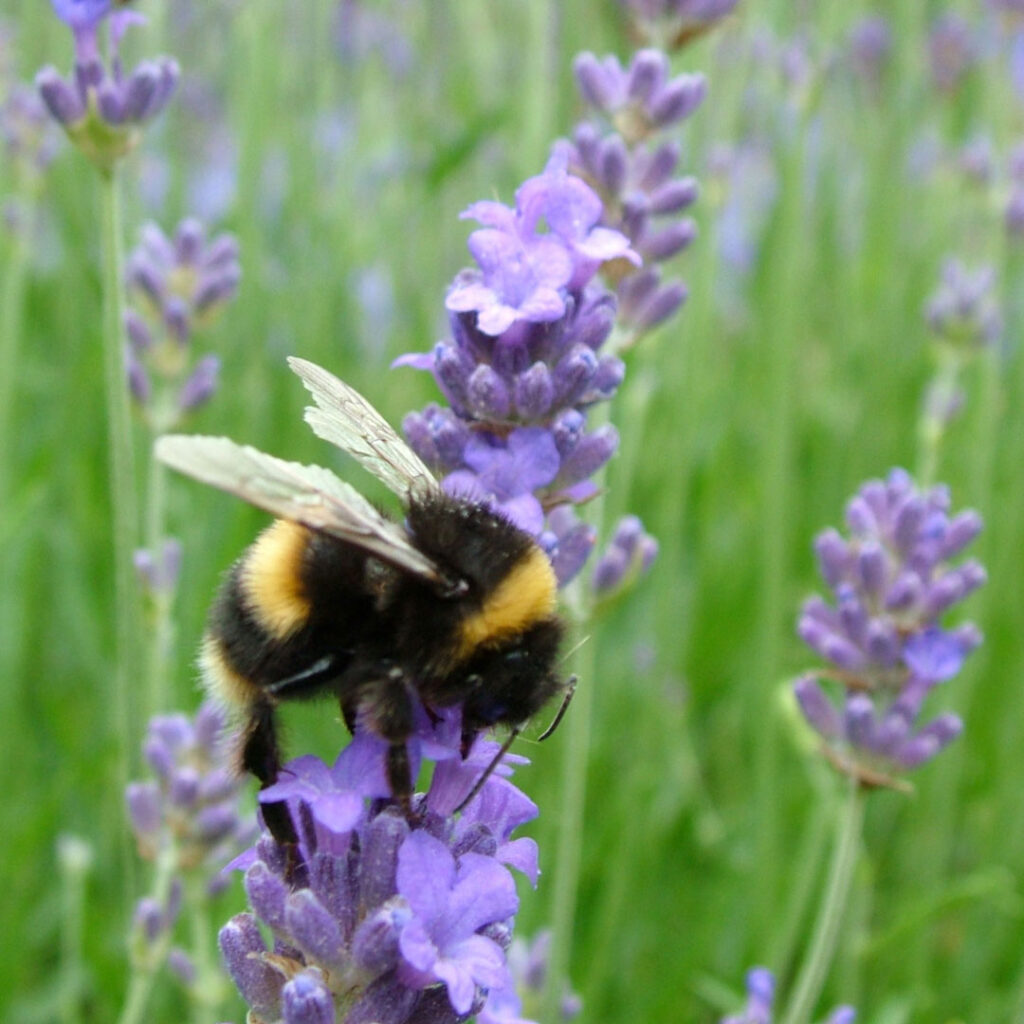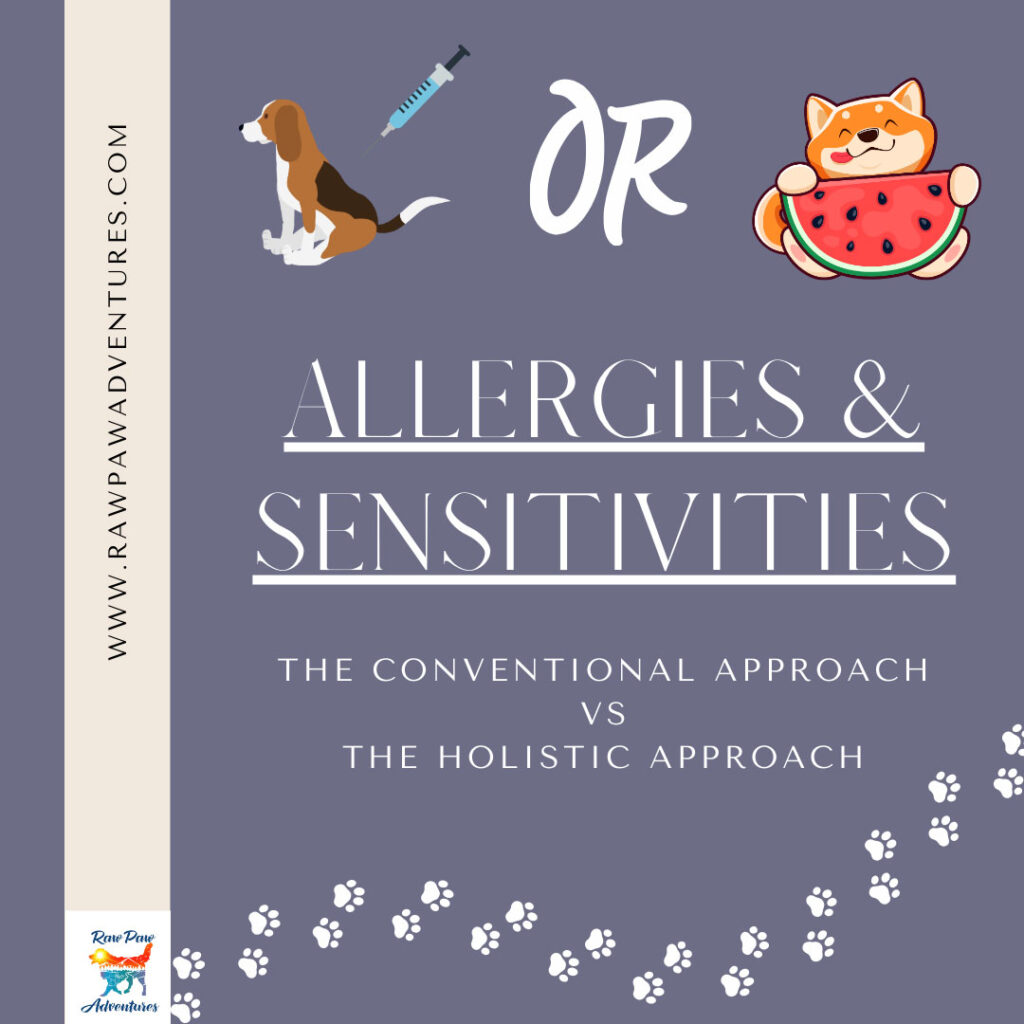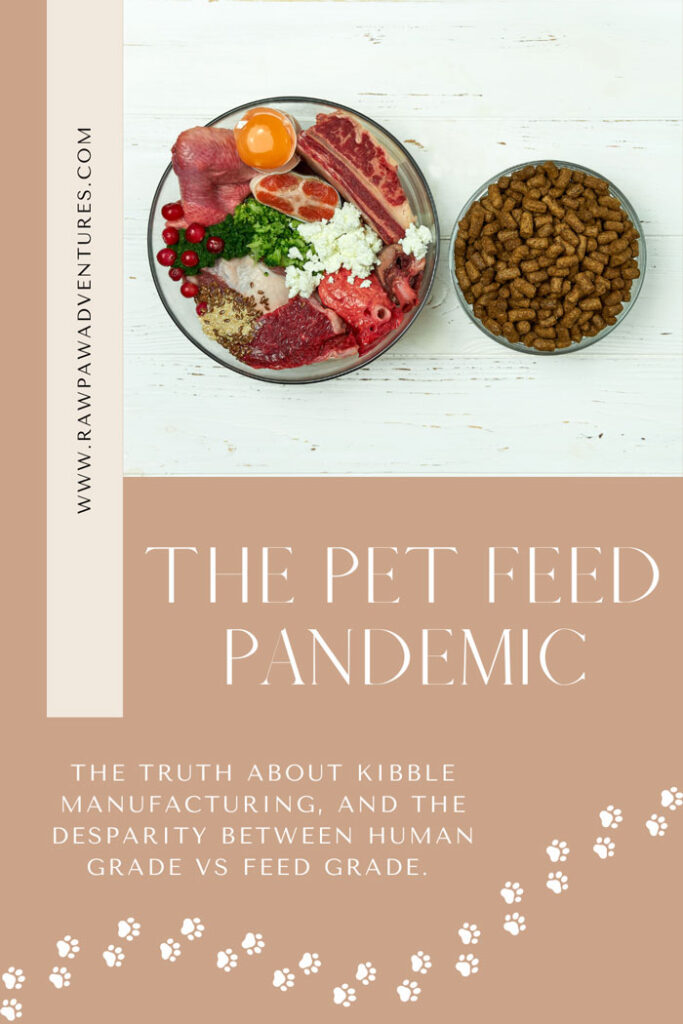Some days it feels like you cant go an hour without hearing about a dog or cat plagued with allergies, it’s something that everyone is talking about, everyone is struggling with, and everyone is worried. I would bet if you asked every friend, family member, coworker and acquaintance you know if their pet has allergies, 50% would tell you yes. And of that 50%, I would surmise that about 75% of them are either on Apoquel, Cytopoint, or Prednisone. And that is indeed terrifying. But I’m here to tell you that there are SAFE and HOLISTIC options for managing allergies for pets at home. Let’s break it down, and turn the idea of allergies into something that is demystified and understandable.
Let’s Talk Terminology…
First, we need to actually understand the difference between allergies and sensitivities.
A sensitivity is a substance that the body responds negatively to but isn’t going to cause permanent damage. An example of this could be that whenever you eat peanuts, it gives you diarrhea. That diarrhea is annoying, but you love peanuts, so every once in a while, when you know you can stay home for the evening, you indulge in your bowl of peanuts and just deal with the fallout.
An allergy is a substance that causes true systemic reaction that can range from mildly annoying to life threatening. For example, a person with a peanut allergy could develop hives and simply require a Benadryl and a nap. Or, they could develop anaphylaxis, suffocate, and die.
Wow, that got dark fast….
The good news is that true allergies for pets are quite rare. However sensitivities are common, and they can be tough to overcome. The next logical question is why or how to pets develop sensitivities? It’s all about gut health and the immune system. Essentially, leaky gut (increased permeability of the gut lining) allows molecules from foods to be presented to the immune system, which then begins to see those foods as foreign invaders rather than nutrients, and thus reacts negatively when you’re exposed to them. This can also be the case for environmental substances such as pollen or grass, and even synthetic substances such as vitamins or minerals. The cause of leaky gut is exposure to food and environmental toxins, pesticides and more, but you’ll need to check back in for a different post addressing all that!
Historically, when one visits a conventional vet for allergies (even though we now know they’re usually just sensitivities!), the vet doesn’t know how to get to the root cause (they simply aren’t taught that in school), and instead recommends a limited ingredient kibble and one of the three modalities I mentioned above. These treatments and the kibble lead to a compromised immune system, don’t actually resolve the problem, and increase the risk of cancer and chronic illness.
We can do better!
“When we know better, we DO better” – someone smarter than me
I’d like to share a personal story with you do you know why I feel so strongly about this topic…
My own dog, Bear, was diagnosed with ‘seasonal allergies’ when he was around 2 years old. This manifested as a lot of itching, licking, hot spots and chapped paws. He also had intermittent diarrhea and recurrent yeast infections of his ears and skin (also symptoms of allergies and sensitivities, although I didn’t connect the dots!). He was placed on Cytopoint shots, which were presented to me as the ‘miracle cure’ for allergies with absolutely no discussion about the risks, no written information handed over, and no alternatives mentioned.
This isn’t a cure, it’s a band aid over a bullet hole. And eventually, that band aid ripped free, and he was worse off than he was before getting the first shot. This cycle continued, and he lasted less and less time in between shots before his symptoms would return. Eventually, I said enough is enough, and I started down the looooooong path of self-education that brought me here, writing this article, for you.
Holistic methods for tackling sensitivities.
Food
The first, and most important method for controlling or minimizing food and environmental sensitivities, is to feed fresh food, and reduce toxin exposure. It sounds easy, but the sad truth is that mass marketing and near-brainwashing from big kibble companies and conventional veterinary programs have led society to believe that real food is bad for dogs, and that kibble is king. Processed poor quality kibble and exposure to toxins such as glyphosate, artificial fragrances, chemical flea and tick medicine, and household cleaners are the top causes of damage to the gut, and an unhealthy gut leads to an unhealthy dog. So take care of the gut, take care of some of the issue.
CBD
Next we have my top product, one that we use daily in our house, and that is CBD. But not just any CBD! Sourcing matters, and that means you get what you pay for. You want a full spectrum hemp extract (the slang term for this is CBD) tincture that is organic, grown in North America, and minimally processed. CBD is naturally anti-inflammatory, it supports gut and liver health, and it’s also great for pain. While switching Bear to fresh food went a long way toward improving his symptoms, they still remained after stopping the Cytopoint. CBD brought us from symptomatic to super fantastic. The itching, hot spots, and dry paws are long gone, and we will never be without our CBD. The only company I currently use for this is CBD dog health (https://shareasale.com/r.cfm?b=1309787&u=4386691&m=85557&urllink=&afftrack=), and I would recommend them without hesitation to all
Plants & Herbs
Quercetin, Bromelain, and Stinging Nettles are wonderful choices for allergies/sensitivities. These guys are anti-inflammatory and can help regulate histamine release in the body. They can support the immune system and have varying levels of vitamin and minerals. Bromelain specifically is an enzyme found in pineapples and other fruits, and in addition to the above, it can help with digestion! Quercetin is also an antioxidant and may even have additional anti-cancer effects.

The buzz on the bees
Local honey and bee pollen are potential additions to help with environmental sensitivities, but it really has to be local to do the job. Honey that is made from bees who collected nectar from local flowers will expose your body to trace amounts of the local pollen, which can help build an immunity to that irritant over time. Same goes for the local bee pollen. This can take time, and usually pollen is expensive and difficult to collect, so be aware and look for deals at your local farmer’s market.
Until the cows come home
Colostrum is a sensitive topic, but it’s a product that could make a big difference for some pets. Colostrum is the first milk produced by cows within the first few days after they give birth. It’s full of antibodies and immune modulators that a calf needs to begin building their own immune system, and has been shown in studies to improve gut barrier function (think leaky gut!). The issue is that we don’t want to be taking large amounts of the much-needed colostrum from mama cow, so only buy colostrum from a company who humanely sources. I personally have purchased colostrum from Earthbuddy pet (earthbuddypet.com) and feel that they are ethical and have a superior product.
Fishing for answers? I can hemp you with that…
Omega 3’s can be a great adjunct to pets with allergies and sensitivities. Omega 3’s are naturally anti-inflammatory and can help with itching and licking symptoms. However you want to know if your pet is sensitive to any of the fish or seeds that you find omega 3’s in more prevalently. My favorites are sardine and mackerel for feeding whole fish as these contribute EPA, DHA and Vitamin D, and then hemp hearts for seeds as they’re high in ALA.
There are more options out there, but there is only so much time in a day and so much room in a post! I hope you found this information helpful, and please comment below if you have questions, concerns, or recommendations for other products! Don’t forget that YOU are your pets advocate, and there are so many safe and holistic methods out there beyond what you’ll hear at most conventional veterinary offices.
Have a super fantastic day!
Note that there is an affiliate link in this post. I will NEVER affiliate myself with a company whose products I do not use myself or strongly believe in just to make some spare change. If you use this link, I receive a small commission at no additional cost to you. Purchasing through my affiliate links allows me to continue using these same amazing products on my pets, and to continue making excellent educational content for you, so I appreciate your support!



